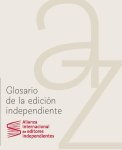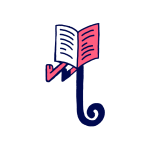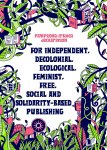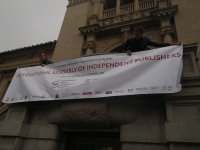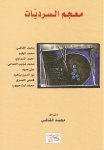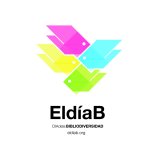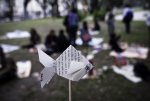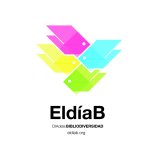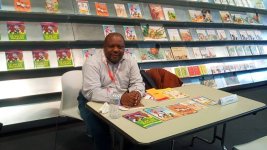
“I wouldn’t have written the many books if I didn’t have publishers who were sensitive, publishers who had their own networks, publishers who worked with my philosophy of smallness is beautiful, smallness in self-organised form is largeness—it is largeness of mind, it is largeness of heart, it is largeness in terms of expanding the possibilities of humanity and the earth in a time where the dominant economy would like to shrink those possibilities.”
“If you were not as diverse as you are and if you did not publish the diversity of ideas that are necessary for our times not only would you as a publishing network not have the resilience and robustness that is needed, but wouldn’t be providing that amazing robustness to society in a period where, like monocultures are destroying the fertility of the soil and creating deserts (...)”
Read the speech by Vandana Shiva at the closing of the International Conference on Independent Publishers, Pamplona-Iruñea, 26 November 2021.
This speech is also available in audio on the Alliance’s Youtube channel.

















